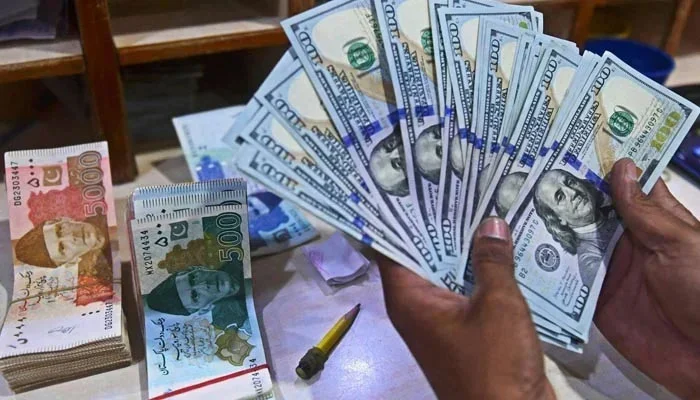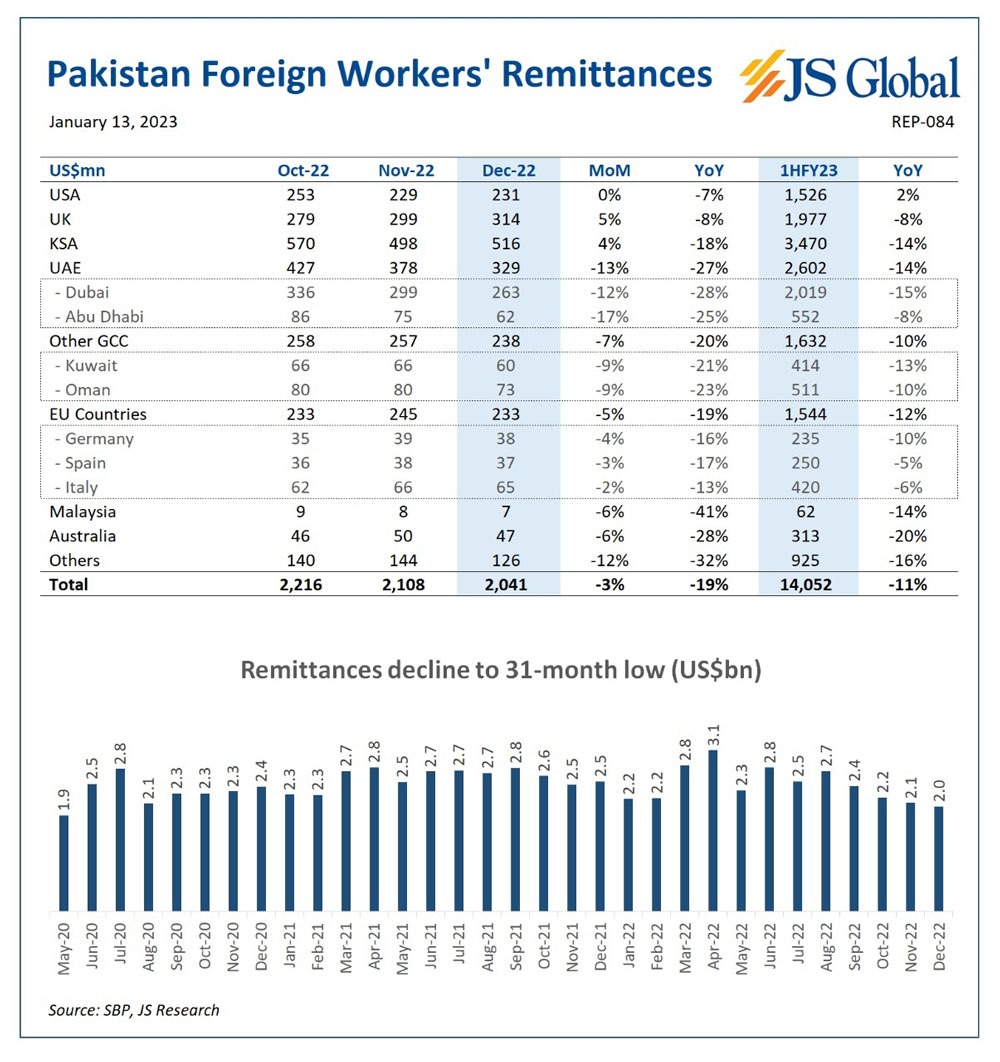Business
Illegal channels: Pakistan’s remittances fall 19% to $2bn in Dec
-

 Business2 days ago
Business2 days agoA jail sentence and heavy fines were declared for fake tax documents.
-

 Latest News2 days ago
Latest News2 days agoThe ECP asks the SC to clarify the ruling in the PTI reserved seat case.
-

 Latest News2 days ago
Latest News2 days agoUS Will Not Interfere in Pakistan’s Internal Matters: Miller
-

 Business2 days ago
Business2 days agoThe price of gold has drastically dropped in Pakistan.
-

 Latest News2 days ago
Latest News2 days agoPrime Minister and Secretary General of ECO Hold Meeting
-

 Latest News2 days ago
Latest News2 days agoPM Youth Programme: Shehbaz Sharif Makes Critical Choices To Give Youth Jobs
-

 Latest News2 days ago
Latest News2 days ago63,000 Instagram accounts are deleted by Meta
-

 Business2 days ago
Business2 days agoIPPs in Pakistan are receiving billions of rupees while not generating any electricity.





















